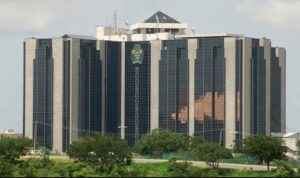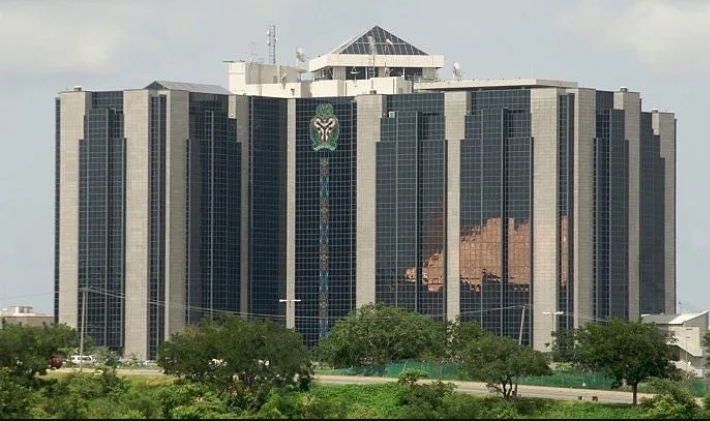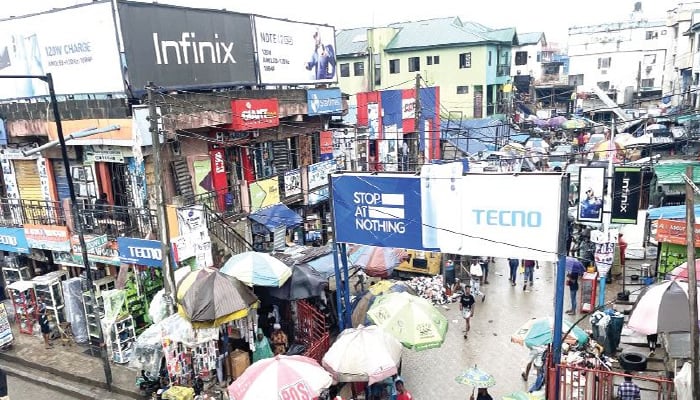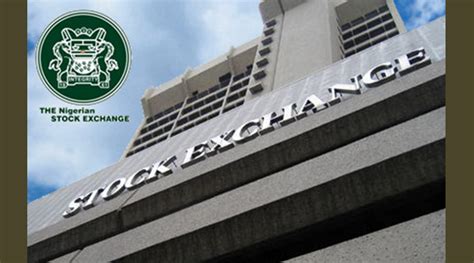
By Amah
Kindly share:
The next few weeks may be challenging for the managing directors of four banks, their management, and employees as strategic decisions needed to be made may not be according to their plans as regards their recapitalisation drive.
The CBN stipulated that the minimum capital requirement for banks will consist solely of paid-up capital and share premium. This means that banks must have the actual funds contributed by shareholders (paid-up capital) and any additional amounts paid by investors for shares above their face value (share premium) to comply with regulatory standards.
The CBN directed deposit money banks to strengthen their capital base.
According to the CBN’s recapitalisation circular, commercial banks with international authorisation are required to raise their capital base to N500 billion, while national banks must reach N200 billion.
Additionally, banks with regional authorisation are expected to establish a minimum capital threshold of N50 billion.
To meet these requirements, the CBN has specified three options for banks to raise the minimum capital, and strict adherence to these options is mandatory. Any alternative methods will not be accepted.
The three options are, injection of funds through private placements, rights issues and/or offers for subscription,
Mergers and acquisitions and upgrade or downgrade of licence authorisation.
Though, these four banks have submitted their plans for recapitalisation, the CBN seems not convinced as to their workability.
A source close to the CBN informed Daily Independent that these banks may not be able to keep their current identities as two of these banks have expressed desire to downgrade to regional banks while the other two are still struggling to keep the national licence.
For instance, one of the banks with strong footings in the South-West and one of the oldest indigenous banks in the country, believes that it will scale the national licence hurdle.
An executive director of the bank, who spoke to Daily Independent recently, was full of enthusiasm that the bank may keep its national commercial licence but feelers are pointing to a possible downgrade to a regional bank where it has operated before the elevation to national banking licence about eight years ago.
The bank, after a recent rights issue, is at N55 billion after realising N40 billion.
One of the banks suffered a big dip, last week, when respected rating agency, Fitch, downgraded it’s Long-Term Issuer Default Ratings (IDR) to ‘CCC’ from ‘B-’ and its National Long- Term Rating to ‘B+(nga)’ from ‘BBB(nga).
The bank also had its Viability Rating (VR) downgraded to ‘CCC’ from ‘b-’ over concerns of breaching capital requirements.
In its rating released on Friday, Fitch also affirmed the bank’s Government Support Rating (GSR) of ‘no support’.
“The downgrades reflect the Fitch-estimated prolonged breach of the bank’s total capital adequacy ratio (CAR) requirement of 10 percent and uncertainties regarding the timeline for restoring compliance.
“Near-term prospects will depend on continued sound internal capital generation and a timely execution of the recapitalisation plan agreed by new management with the Central Bank of Nigeria (CBN),” Fitch said.
One of the banks, which was rescued in 2022 by the CBN is said to be having difficulty in getting a suitor as those they have spoken to are wary of possible backlash of the acquisition of a bridge bank the bank bought many years ago.
A source close to the bank told Daily Independent that the concern of the staff of the bank is no more on the list of losing identity but the fear of job loss.
“We are all afraid that many people will be laid off if the eventual merger or acquisition happens”, the source said.
NDIC Pays82.3% Insured DepositorsOf Liquidated Heritage Bank
Meanwhile, the Nigeria Deposit Insurance Corporation (NDIC) said in the discharge of its deposit guarantee mandate that it has paid the insured deposits of N5,000,000 maximum per depositor within a record time of four days of the bank closure.
This was contained in a statement signed by Bashir Nuhu, Director, Communication & Public Affairs of the corporation, on Sunday.
The payment, Daily Independent learnt, was achieved using Bank Verification Numbers (BVN) as a unique identifier to locate depositors’ alternate accounts in other banks.
However, depositors with balances exceeding 5 million naira have been paid the initial insured sum of 5 million naira, while the remaining balances (classified as uninsured deposits) will be paid as liquidation dividends upon realisation of the defunct bank’s assets and recovery of debts owed to the defunct bank.
“This unprecedented achievement of direct payment through BVN-linked alternate accounts without the need for depositors to visit NDIC offices or fill out forms marks a historic shift for the NDIC in the prompt reimbursement of depositors with payment of about 82.36 percent of the total insured deposit to date”, the statement added.
Following the revocation of Heritage Bank’s banking license by the Central Bank of Nigeria (CBN) on June 3, 2024, the Nigeria Deposit Insurance Corporation (NDIC) was appointed as liquidator and the corporation, following Section 12(2) of BOFIA 2020 and Section 55 subsections 1 & 2 of the NDIC Act 2023, immediately commenced the process of verification and payment to insured depositors.
The corporation added that the next stage is the payment of insured deposits.
“It is instructive to state that, the remaining 17.64 percent of the insured deposits yet to be paid were largely depositors whose accounts have post no debits (PND) instructions or have no BVN.
“Others are those with no alternative accounts in other banks or accounts with KYC limit on the maximum lodgment per day and are yet to come forward for verification.
“This category of depositors are presently being contacted by the corporation through telephone calls and text messages to come forward for verification”, it added.
The statement added, “Notwithstanding the significant progress recorded in the payment of the insured deposits, we are, however, not unmindful of the uninsured deposits, which constitute the larger portion of the total deposits of the defunct bank.”





